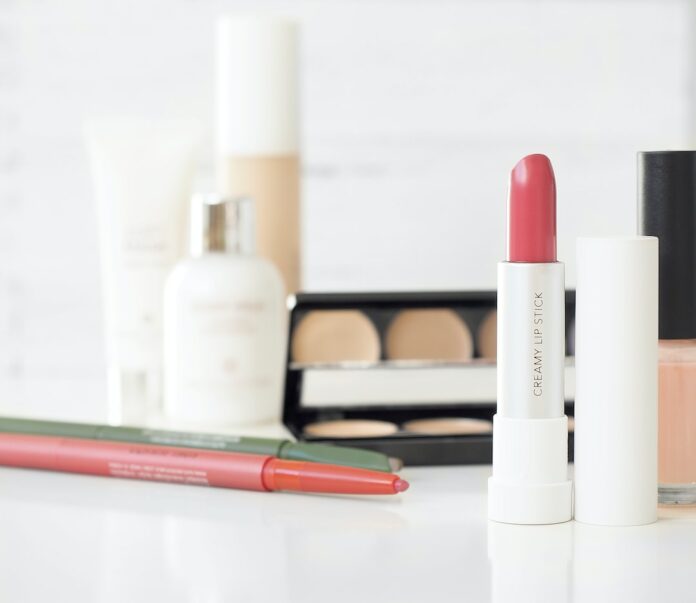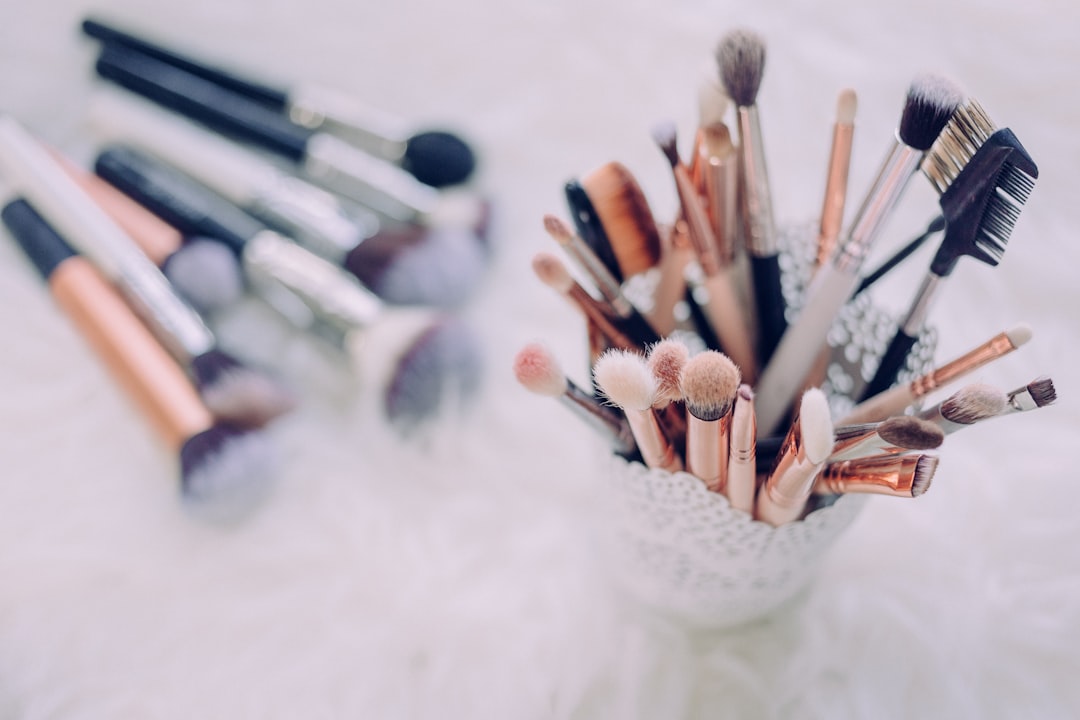Introduction
Having sensitive skin can be a real challenge. From daily irritation to breakouts and redness, it can be hard to find the right products to fit your needs. Fortunately, there are plenty of gentle skincare solutions that can help you keep your sensitive skin in check. In this blog post, we’ll discuss 18 of the best gentle skincare solutions for everyday use.
Subheading 1: Gentle Cleansers
The first step in caring for sensitive skin is to use a gentle cleanser. Look for a cleanser that is free of soap, fragrance, and dyes. For extra hydration, consider a creamy or milky cleanser, like Cetaphil or Cerave. You can also use micellar waters, like Bioderma, to gently remove dirt and makeup without irritating your skin.
Subheading 2: Non-Foaming Face Washes
Foaming face washes can be too harsh for sensitive skin, so it’s best to look for a non-foaming option. Look for a product that contains natural ingredients like aloe vera and chamomile, which can help soothe and hydrate the skin. Also, be sure to avoid products containing alcohol, as these can be drying and irritating.
Subheading 3: Gentle Exfoliation
Exfoliation is an important part of any skincare routine, but too much exfoliation can be irritating for sensitive skin. Look for gentle exfoliating products that contain natural ingredients like fruit enzymes and lactic acid. You can also try using a soft washcloth or gentle scrubbing brush to remove dead skin cells without being too harsh on the skin.
Subheading 4: Hydrating Masks
Hydrating masks are a great way to soothe and nourish sensitive skin. Look for masks that contain natural ingredients like honey, aloe vera, and oatmeal, which can help restore the skin’s natural balance and provide extra hydration. Avoid masks that contain irritating ingredients like alcohol or essential oils, as these can be too harsh for sensitive skin.
Subheading 5: Gentle Toners
Toners can help remove excess oil and dirt from the skin, but they can also be irritating for sensitive skin. Look for gentle toners that contain natural ingredients like rosewater or witch hazel, which can help restore the skin’s natural pH balance. Avoid toners that contain alcohol, as these can be too drying and irritating.
Subheading 6: Soothing Moisturizers
Moisturizers are essential for keeping skin hydrated and balanced, but many moisturizers can be too harsh for sensitive skin. Look for products that contain natural ingredients like hyaluronic acid, aloe vera, and shea butter, which can help soothe and nourish the skin. Also, be sure to avoid products containing fragrances and harsh chemicals, as these can be irritating.
Subheading 7: Lightweight Sunscreen
Sunscreen is essential for protecting the skin from UV damage, but many sunscreens can be too heavy and irritating for sensitive skin. Look for lightweight sunscreens that contain natural ingredients like zinc oxide and titanium dioxide, which can provide broad-spectrum protection without being too heavy.
Subheading 8: Natural Oils
Natural oils, like jojoba and argan oil, can be great for calming and nourishing sensitive skin. These oils can help retain moisture and protect the skin from environmental damage. Just be sure to use a small amount and avoid applying it directly to the skin, as it can clog pores.
Subheading 9: Cool Compresses
Cool compresses are a great way to soothe irritated skin. You can make a compress using a clean cloth soaked in cold water or a chamomile tea solution. This can help reduce redness and inflammation, and provide instant relief.
Subheading 10: Gentle Makeup
If you have sensitive skin, it’s best to use
Photo by freestocks on Unsplash
makeup that is free of fragrances and harsh chemicals. Look for products labeled “non-comedogenic” or “hypoallergenic,” which can help prevent irritation and breakouts. Also, be sure to remove your makeup every night to avoid clogging your pores.
Conclusion
Having sensitive skin can be a real challenge, but there are plenty of gentle skincare solutions that can help. From gentle cleansers and non-foaming face washes to hydrating masks and natural oils, there are plenty of products that can help you keep your sensitive skin in check. With the right skincare routine, you can keep your skin healthy and beautiful.1. Gentle cleanser: Choose a gentle cleanser that removes dirt and excess oil without leaving your skin dry. Look for cleansers with soothing ingredients like aloe vera, chamomile, and calendula.
2. Non-foaming face wash: Non-foaming cleansers are best for sensitive skin. Look for a face wash that has natural ingredients and is free of harsh chemicals, artificial fragrances, and unnecessary preservatives.
3. Hydrating masks: Hydrating masks can help keep your skin from drying out. Look for masks that contain ingredients like hyaluronic acid, ceramides, essential oils, and shea butter.
4. Natural oils: Natural oils like jojoba, argan, and avocado oil can help nourish and hydrate your skin. Use them as part of your regular skincare routine or as a spot treatment for dry patches.
5. Sunscreen: Sunscreen is essential for protecting your skin from the sun’s harmful UV rays. Choose a sunscreen with an SPF of 30 or higher, and make sure to reapply it every couple of hours.Moisturizer: Moisturizer helps your skin stay hydrated and prevents dryness. Choose a moisturizer that is right for your skin type (oily, dry, or combination) and apply it every morning and evening after cleansing.
Cleanser: Cleanser helps remove dirt, oil, and impurities from your skin. Choose a cleanser that is formulated for your skin type and use it twice a day.
Exfoliator: Exfoliators help remove dead skin cells, leaving your skin feeling refreshed and smooth. Use a gentle scrub or exfoliating cleanser once a week.
Toner: Toner helps balance the pH of your skin and can also help reduce the appearance of pores. Apply toner after cleansing and before applying moisturizer.
Serum: Serums are concentrated formulas that can help target specific skin concerns. Choose a serum that is formulated to address your specific skin concerns and apply it after toner and before moisturizer.Moisturizer: Moisturizers help keep skin hydrated and can help protect skin from environmental damage. Choose a moisturizer that is appropriate for your skin type and apply it after serum.Serum: Serums are packed with active ingredients that address specific skin concerns like wrinkles, dark spots, and redness. Choose a serum that is tailored to your skin needs and apply it after toner and before moisturizer.Moisturizer: Moisturizers help to lock in hydration and protect the skin from environmental stressors. Choose a moisturizer that is appropriate for your skin type (i.e. oily, dry, combination, etc.) and apply it after serum. Look for moisturizers with ingredients like hyaluronic acid, glycerin, and ceramides to help draw and retain moisture.Hyaluronic acid is a great moisturizing ingredient for all skin types, as it can hold up to 1000 times its weight in water. Glycerin is a humectant that also helps to draw and retain moisture, while ceramides help to form a barrier on the skin’s surface to help lock in hydration.Other helpful ingredients for moisturizers include shea butter, aloe vera, and jojoba oil.




